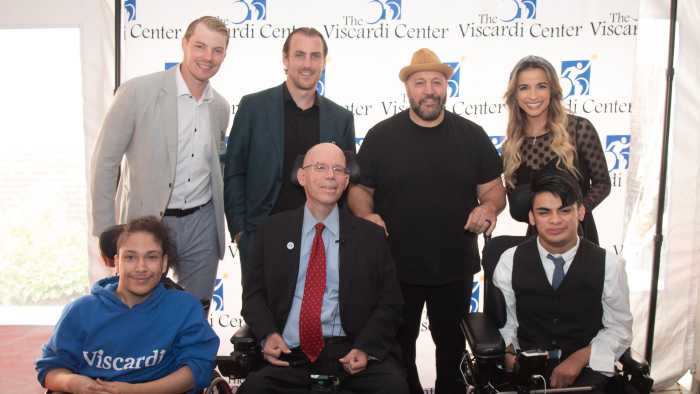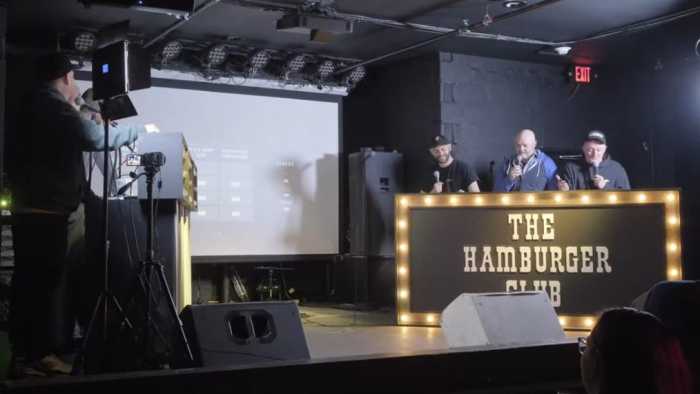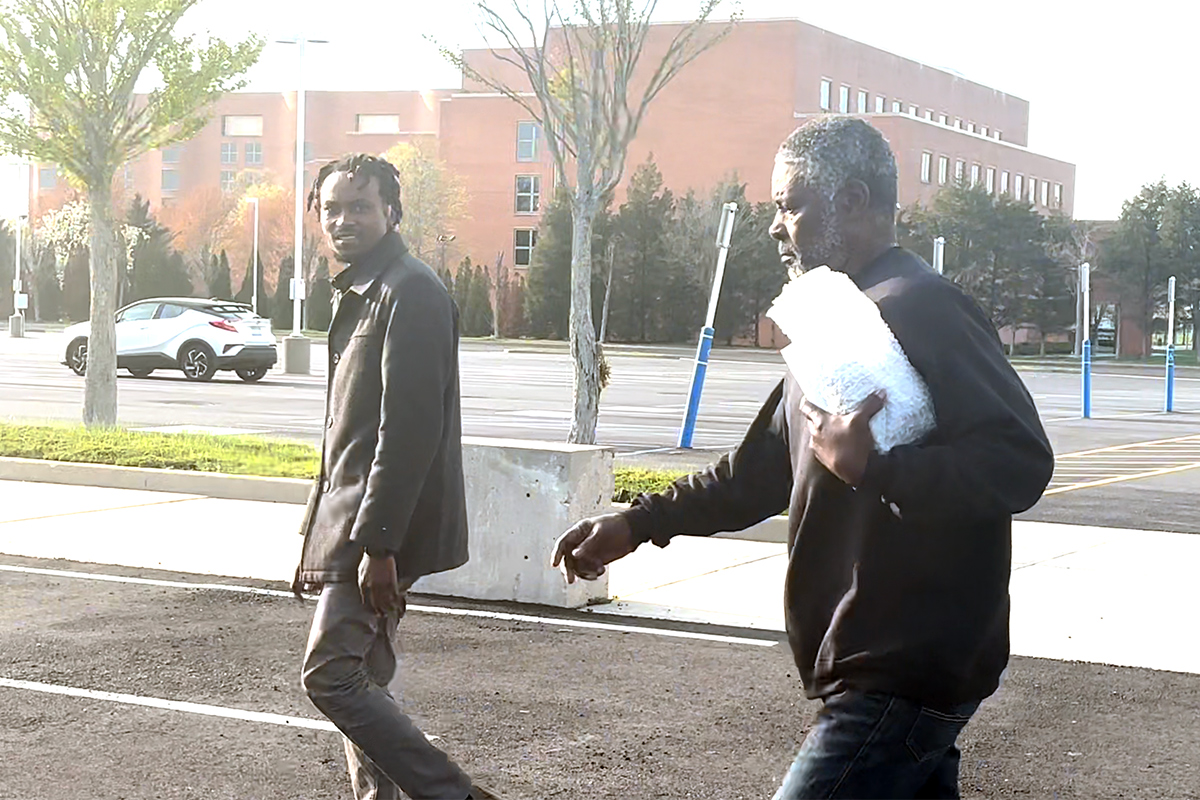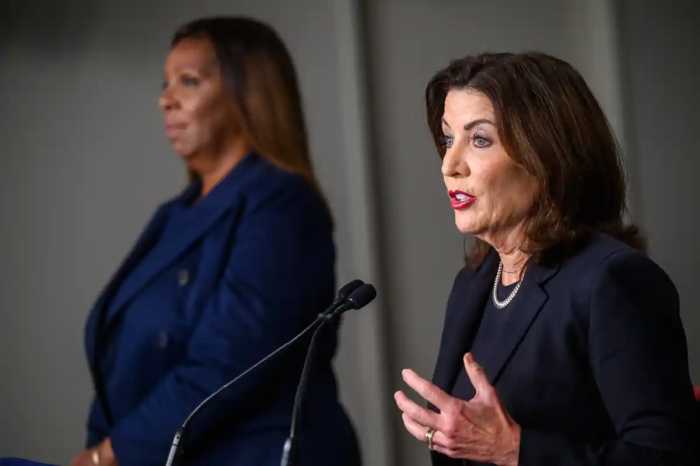Those who know me know of my affiliation with various cultural, historical, scientific and religious institutions in the area. Why do I dedicate so much of my life to these institutions for which I earn little or no financial compensation and struggle with energy-draining chronic health ailments? In a society in which fewer and fewer people join churches, clubs and civil organizations, it’s a sense of duty. It’s the understanding that not only have we outsourced our citizens’ jobs, we’ve also outsourced knowledge and learning itself; our children and grandchildren’s greatest inheritance. We have subcontracted human knowledge out to professionals – scientists, technicians, theologians, scholars and academicians – who are not the reliable guardians they once were.
America used to be a learning society. During the late 18th century – and throughout the 19th – ordinary working class people flocked by the thousands to churches, lyceums, museums and lecture halls. They came in droves to hear novelists like Charles Dickens and Mark Twain, scientists like Thomas Henry Huxley and Michael Faraday and civic reformers like Jacob Riis and Robert Owen. Writers, philosophers, clergymen and scientists were the celebrities of the day – in contrast to today’s dumb athletes, drug-addicted rock stars, and entertainers living vain and shallow lives. People would travel for miles to hear hours-long debates and speeches by politicians who discussed complex issues in detail rather than in 45-second mudslinging sound bytes. Newspapers often published these in their entirety. Indeed, the 85 essays of The Federalist Papers were originally newspaper articles published between 1787 and 1788. In 1829, the New York Apprentice’s Library – one of scores of private libraries popping up all over the country in the 19th century – had 1,600 subscribers. By 1857, it had about 750,000. Thomas Paine’s Common Sense sold one copy for every seven-and-a-half people in the America. Uncle Tom’s Cabin, the abolitionist novel Lincoln said, “Gave us this great war,” sold 305,000 copies in its first year in print. The McGuffey Reader, used to teach children and illiterate adults to read, sold 107 million copies between 1836 and 1890. Books on spelling, grammar and vocabulary likewise expanded among the American people with the popularity of dictionaries by Johnson and Webster. Between the presidencies of George Washington and Theodore Roosevelt, literacy became the norm in the English-speaking world (and in many European countries) – quite the reverse of what had been the norm in all the previous centuries. Science, philosophy, history and literature flourished as people read the Bible and Darwin, Marx and Adam Smith. This period was the Golden Age of Learning.
I don’t need labor long to cultivate the claim that the general population today is not as well read or well informed as their great-grandparents. Our Victorian ancestors, whatever their all-too-human flaws, didn’t center their lives on meaningless pop culture icons, preoccupy themselves with shopping, or allow professional sports to steal their time and enthusiasm. They had Shakespeare, Mozart and Paris, France while we have Britney Spears, Wal-Mart and Paris Hilton. Just read a 19th century newspaper and compare the style, sophistication and vocabulary with the average newspaper today. Just read letters written home by Civil War soldiers – simple farmers and workers in many cases – and compare them with the syntax, grammar and coherence of most emails, tweets and Facebook entries. They put to rest the notion that technology makes people more intelligent.
People are not as smart as they used to be. The very fact that this statement would be deemed snobbish or elitist would be considered a put-down rather than a call to arise, is sufficient evidence. It also underscores the intrinsic logical contradiction of modern, democratic society: freedom and progress in the pursuit of mediocrity, sensationalism and hedonism is nihilistic and suicidal because it invariably undermines the very cognitive sophistication, moral clarity and spiritual anchorage needed to sustain it. If philosophy, science and letters flourished in the 18th and 19th centuries, and became widely disseminated amongst the masses, it’s because the egalitarian impulses of that era were held in check by the fact that the intellectual values and cultural tastes of the aristocracy trickled down to the most modest levels of society. These values and tastes were seen as worthy of aspiration and emulation and a key to the poor lifting themselves from poverty and ignorance rather than as established “cultural constructs” that needed to be pulled down into the gutter by feminists, Marxists, civil libertarians, multiculturalists and the forces of consumer capitalism and welfare state government in order to build a utopia that can never be. This latter proclivity explains why all too many of our institutions of learning are run by apostates who, devoid of the humanistic nature of knowledge, have come to see these institutions as little more than vehicles for their own narcissistic amusement. They’ve come to constitute a sociopolitical elite devoid of the noblesse oblige, piety and gentility hitherto associated with the patrician. They know how to lord over, but don’t know how to be lordly. They are sophisticated barbarians schooled in their own sophistries.
We seem to be heading for some kind of techno-Dark Ages. If this is so, then it will be the duty of every man and woman, like the monks and scribes of Medieval Europe who preserved the knowledge of classical antiquity, to preserve our society’s cultural, historical, scientific and religious heritage until the day when the conditions for a new age of learning arrives – or until the lamp of learning is passed to China, Islam, or some other culture with long and civilizing traditions.
Paul Manton
































